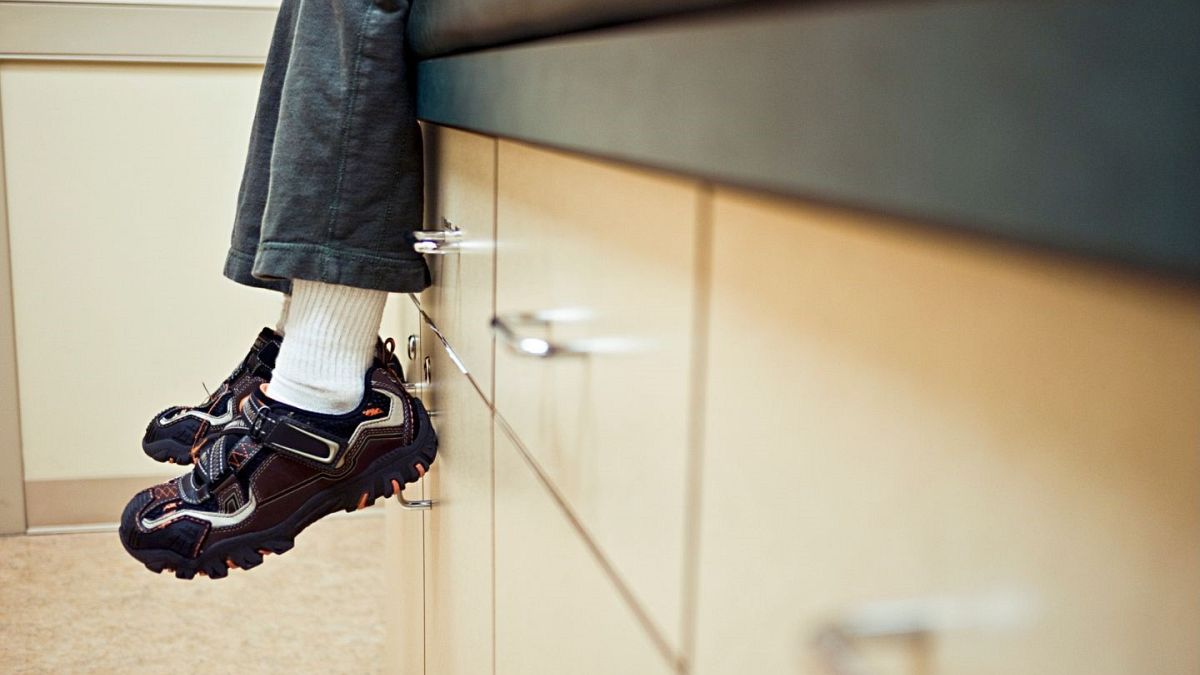Researchers have some promising leads but no definite answers as to why girls are entering early puberty more frequently than in the past. Children are starting puberty earlier than in the past, potentially due to a combination of environmental, lifestyle, and metabolic factors – but the reasons why are still puzzling scientists. On average, girls start puberty at age 11, while boys start at 12.
But if girls enter puberty at age 7 or younger, or if boys start at age 8 or younger, they may be diagnosed with precocious puberty, which can lead to long-term health problems like obesity, diabetes, mental health issues, and breast cancer. When doctors first identified the shift toward earlier puberty among American girls in the 1990s, they didn’t see the among European children. Researchers chalked it up to the US obesity epidemic, which wasn’t affecting Denmark, where most of the European data came from.
But from the early 2000s onwards, something changed. From Denmark to Italy and beyond, more European kids have begun starting puberty early. Globally, the age when girls begin developing breasts – a key puberty marker – has fallen by about between 1977 and 2013, and the trend toward early puberty doesn’t appear to have slowed in the past decade.
“As a doctor and researcher, I am concerned that we simply don't know what is going on,” Dr Anders Juul, paediatric endocrinologist at Copenhagen University Hospital and a leading expert on puberty changes worldwide, told E.


















